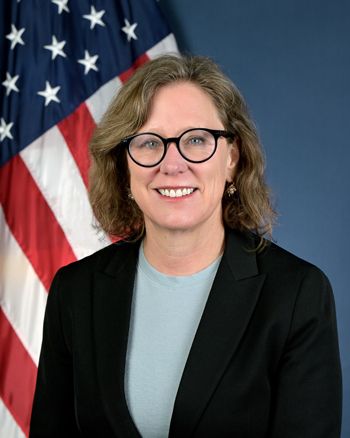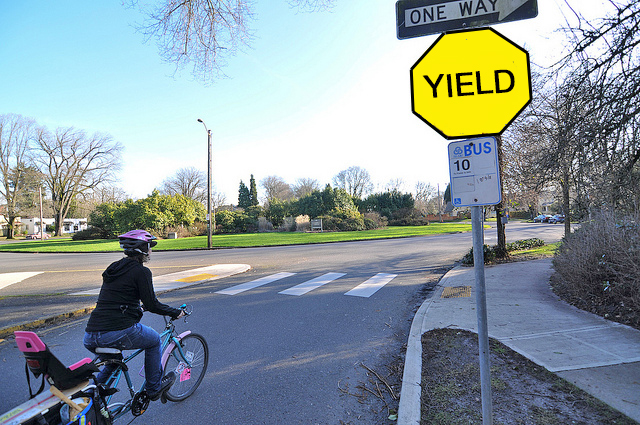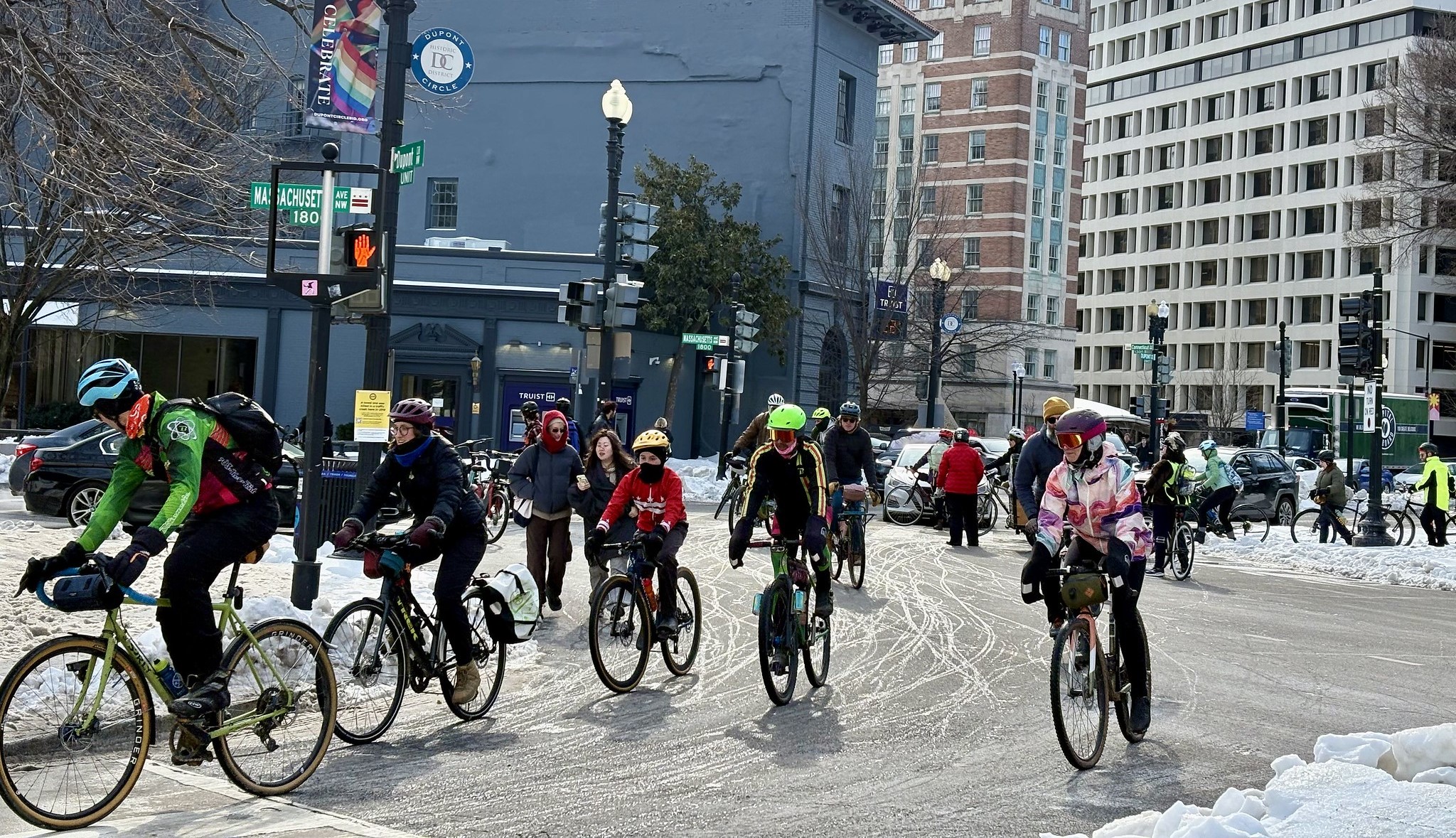Stop means go!
One of the Biden Administration's top road safety officials has come out in favor of legalizing the so-called "Idaho stop," which allows cyclists to treat stop signs as yield signs and red lights as mere stops signs — a change in road rules that advocates have long said makes cyclists safer.

At the Vision Zero Cities conference taking place this week in New York, the National Highway Traffic Safety Administration's acting administrator, Ann Carlson, said her agency has been reviewing the data on the Idaho stop for several years and has concluded that "it provides additional safety benefits for cyclists."
"The Idaho stop allows cyclists to manage risks to their advantage," Carlson said in a virtual keynote address to the Transportation Alternatives-run conference. "It increases their visibility to drivers and reduces their exposure. It also promotes safety in numbers by encouraging more people to bike which reduces cyclists overall risks.”
It's believed to be the first time that a NHTSA administrator has clearly backed the rolling stop for cyclists, though agency officials have been moving towards that for most of the year. In March, the agency put out a fact sheet that pointed out that pedestrians and bicyclists are actually more attentive before crossing red signals than green — and cited a study showing that bicyclists are highly complicit with general traffic rules whereas drivers "were mostly noncompliant with the law on yielding to bicyclists."
The fact sheet said that since Idaho passed its titular stop law, seven states — Delaware (in 2017), Arkansas (2019), Oregon and Washington (2020) and North Dakota, Oklahoma and Utah (2021) — have followed.
"There is no evidence showing bicyclist stop-as-yield laws have increased bike conflicts with other bikes or pedestrians," NHTSA said. "[And] bicyclist stop-as-yield laws decriminalize a riding behavior, possibly encouraging more ridership."
Carlson referred to the "safety-in-numbers" affect in her Wednesday comments, too.
"The probability of being in a crash with a vehicle decreases when more people are biking and walking," she said. "When more people ride bikes, the rate of crashes between cyclists and vehicles declines."
And Carlson is definitely aware of why that's so important. Evoking the roughly 42,000 Americans who die every year in road crashes, Carlson reiterated that "the only acceptable number is zero."
She then noted some preliminary evidence that the numbers of drivers killed in crashes is starting to tick downward, but the opposite is happening for pedestrians and cyclists, as Streetsblog reported. "Protecting vulnerable road users is key," she said. "We know the vulnerable road user fatalities have grown. We estimate that pedestrian deaths were up 13 percent in 2021 and cyclists fatalities are estimated to have increased by 5 percent. These numbers are not acceptable."
She reiterated that the Biden administration is committed to a new National Roadway Safety Strategy [PDF] that emphasizes a "safe system" approach that "differs significantly from a conventional safety approach in that it acknowledges both human mistakes and human vulnerability, and designs a redundant system to protect everyone."
"Times like these require that we shake up the status quo and embrace solutions like the safe system approach ... which is meant to be holistic," Carlson said. "The safe system approach is equitable [and] acknowledges historical disparities and traffic crashes and in infrastructure and seeks to eliminate them. It considers the needs of everyone on the road, not just drivers and passengers, but pedestrians, cyclists, children, motorcyclists, older Americans and people with disabilities. ... Safety and equity has to go hand in hand. We can't have a system that delivers only for some."
NHTSA is not truly empowered to make the Idaho Stop a reality. Its role is to issue recalls on cars and cheerlead on safety issues, as states have far more power over vehicular rules. NHTSA has played a significant role in making cars more fuel efficient, but road fatalities in the United States are far higher than in similar Western countries. Critics say the agency was asleep at the wheel during the rise of the SUV and does not do enough to mandate safer cars for people outside of them. But lately it is ringing alarm bells about automated driving systems.






